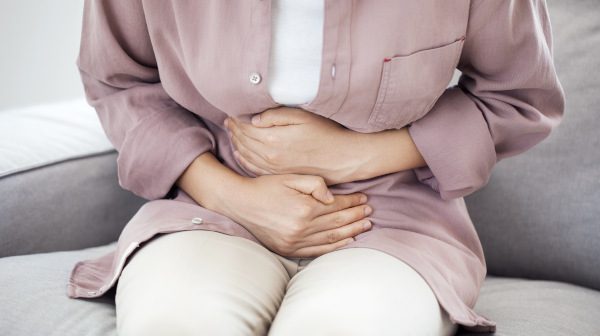Everybody emits some gas now and then as the body gets rid of swallowed air or gasses from ingested food. Unless you are a 7-year-old boy, however, chances are you don’t love to get gas, no matter how natural it is.
Burping or having flatulence up to 20 times a day might sound like a lot, but it’s actually an average amount for most people. Continually dealing with more gas, however, could be a sign of a medical condition. Here are a few things that might cause excess gas:
Diet
Your diet is probably the first thing you scrutinize if you’re trying to get to the bottom of a gassy problem. Everyone knows the famous poems about beans (the “magical fruit”). Of course, beans aren’t the only food that can make your body want to get rid of some extra air. Spicy or fatty foods and eating in a hurry can all be to blame for gas, as can caffeinated drinks and beer. Although eating your veggies is good for you, there are some you should avoid if gas is a problem. Onions, carrots, peas and green salads can all cause gas. You might also need to take it easy on bananas, dried fruits, and even some carbs.
Gastroesophageal reflux
When you think of gas, the stinky kind is probably what comes to mind. But your body gets rid of gas through burps as well. Burping is normal, but when it accompanies other symptoms like burning in the chest, nausea and uncomfortable hiccups, it could be a sign of gastroesophageal reflux disease. Acid coming up from your stomach and into your esophagus is known as acid reflux, and it can cause a lot of discomfort.
“Gastroesophageal reflux can cause excess burping, which is often embarrassing or even painful,” says Sarah Hilton, a registered nurse. “Along with GERD treatments, try to avoid chewing gum or eating too quickly, as this can cause you to swallow more air.”
Lactose intolerance
A lot of foods can cause gas, but one group in particular might give you a little more trouble than others. People who are lactose intolerant often experience a variety of symptoms, including gas, bloating or diarrhea. Lactose intolerance can sneak up on you, showing up at any age. Just because you’ve enjoyed cookies and milk all your life doesn’t mean the milk won’t make your stomach very unhappy one day.
Irritable bowels
Irritable bowel syndrome is a condition affecting the large intestine that often causes increased gas. The cause of IBS isn’t clear, but symptoms can be aggravated by stress or certain foods. It is more likely to strike women and people under age 50. Some of the best ways to deal with IBS symptoms are stress-relieving techniques, like relaxation and mindfulness exercises.
Celiac disease
Eating food containing gluten can damage the small intestine of a person with celiac disease. This damage leads to poor absorption of nutrients from food, causing gas, diarrhea, vomiting and other symptoms. Over time, celiac disease can cause other health problems if it is not treated.
Some people would be happy to get rid of gas altogether, but it is an important part of the digestive process. If you feel like you have more gas than you should, talk to your doctor about what might be causing it — especially if you are experiencing other troublesome symptoms.
A version of this article was published by The Daily Herald. It has been republished here with permission.




